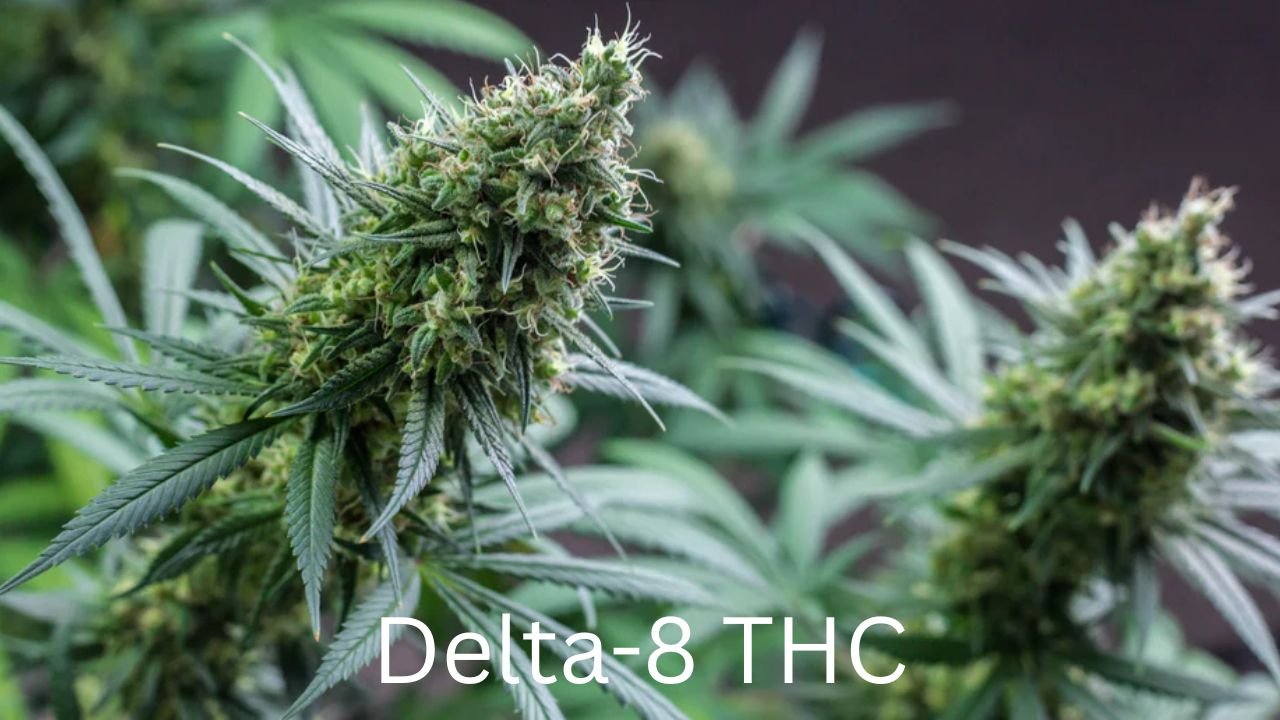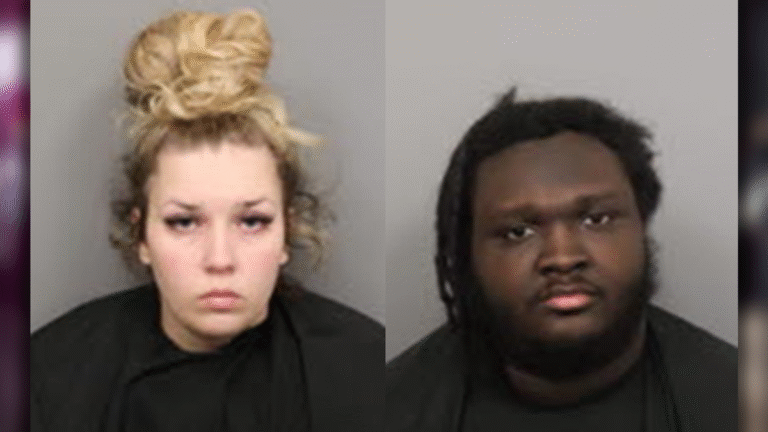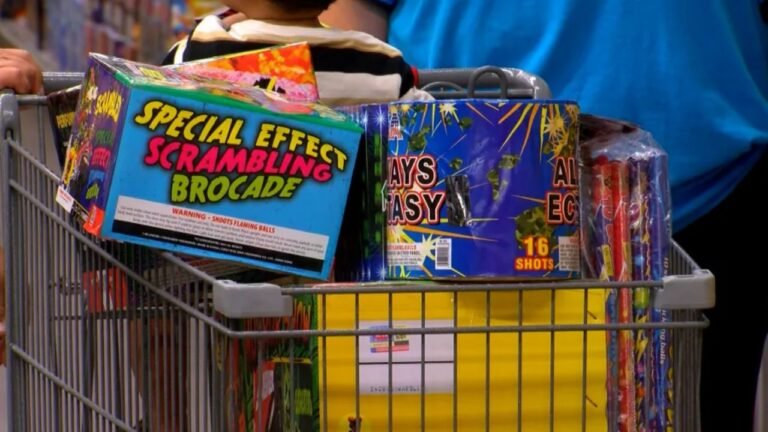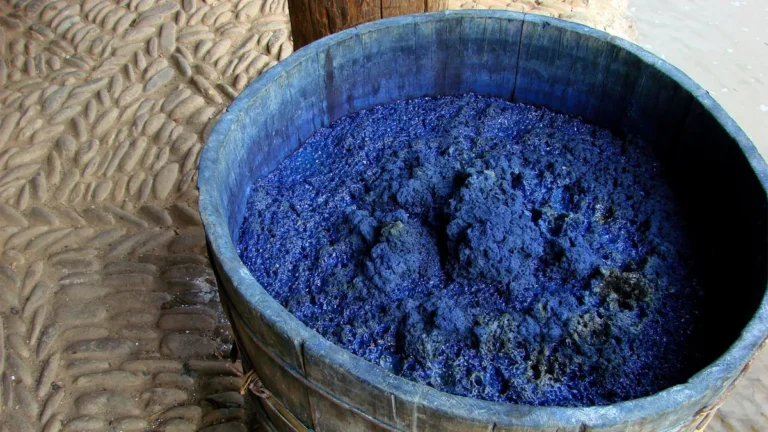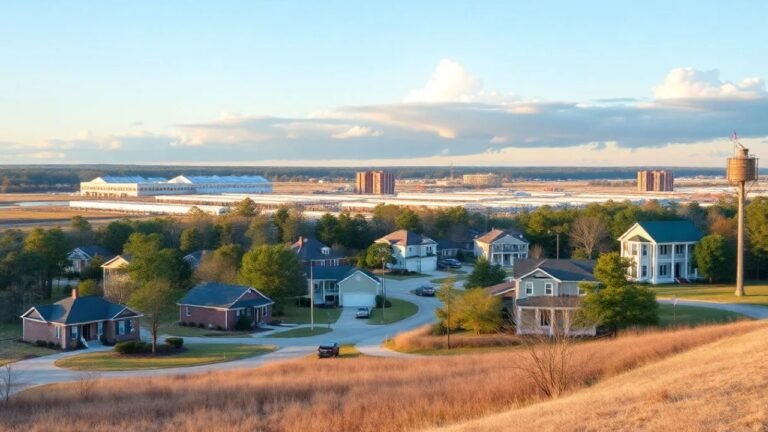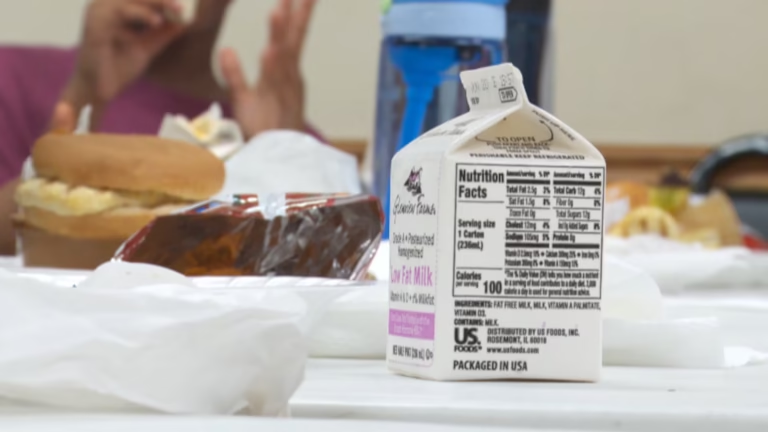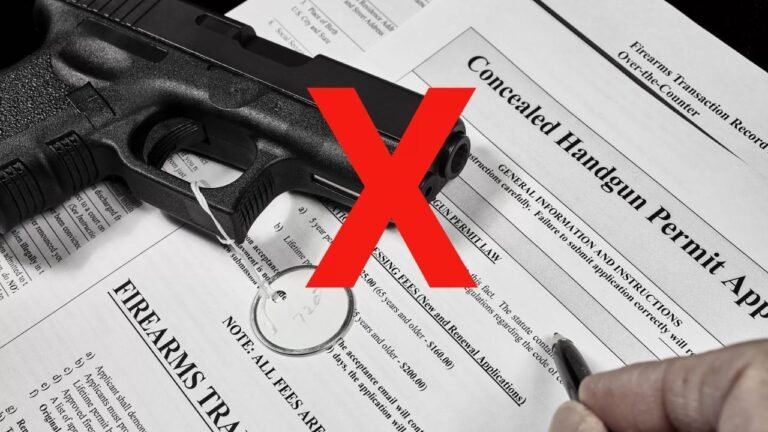South Carolina Just Banned “Delta-8” THC — What It Means for Shops and Smokers in 2025
SOUTH CAROLINA — A new law that took effect July 1, 2025, has officially banned Delta-8 THC across the state, making it illegal to possess, sell, or manufacture the popular hemp-derived substance in any form — including gummies, vapes, tinctures, and edibles.
The law, passed earlier this year by the South Carolina General Assembly and signed by Governor Henry McMaster, closes a loophole that previously allowed hemp retailers to sell Delta-8 products despite their psychoactive effects.
What Is Delta-8 THC — And Why Was It Banned?
Delta-8 THC is a chemical compound found in hemp, similar to the more widely known Delta-9 THC found in marijuana. While Delta-8 is less potent, it can still produce a high, and has grown in popularity — especially in states where recreational marijuana is still banned.
Lawmakers argue the unregulated sale of Delta-8 has become a public safety issue, especially for children and teens. Some products have been found with misleading labels or dangerously high THC levels, and poison control centers have seen rising incidents of accidental ingestion.
According to WIS News, law enforcement and public health officials pushed for the ban after several overdoses and legal gray areas stalled prosecutions.
What Does the New Law Actually Say?
The legislation — Act No. 93 of 2025 — clearly states:
-
It is unlawful to possess, sell, distribute, or manufacture Delta-8 or Delta-10 products
-
Applies to all forms: oils, gummies, vape pens, cartridges, tinctures, and more
-
Violations can result in misdemeanor or felony charges, depending on quantity
-
Retailers must remove products immediately or face license penalties
The law also gives enforcement authority to SLED (South Carolina Law Enforcement Division) and allows municipalities to conduct raids or issue citations.
What About CBD or Other Hemp Products?
The law does not ban CBD, which remains legal in South Carolina if it contains less than 0.3% Delta-9 THC.
However, stores selling CBD must now verify that none of their products contain any form of synthetic or semi-synthetic THC (like Delta-8, Delta-10, or THC-O). Retailers found with non-compliant products can lose their hemp processor license or be shut down.
How Are Local Shops Reacting?
In cities like Columbia, Greenville, and Saluda, vape shops and hemp retailers have already begun clearing shelves to comply.
One Columbia-based shop owner told The Post and Courier they had to pull over $20,000 worth of inventory in a single day:
“We were blindsided. We had no clear direction, and the state gave no grace period. That’s a huge loss for a small business.”
Others have said they may close entirely, or try switching to CBD-only sales — but some say customers are confused and angry about the sudden ban.
What Should Residents Know?
If you currently own Delta-8 products, you are now in possession of an illegal substance under South Carolina law. Police may confiscate products during traffic stops or inspections, and possession could result in criminal charges.
Legal experts recommend that consumers:
-
Dispose of Delta-8 products properly
-
Avoid ordering from online vendors that ship across state lines
-
Stay updated on the law as lawsuits or clarifications may emerge
Do You Think the Delta-8 Ban Was the Right Move?
Were you using Delta-8 for medical or wellness reasons? Or do you support the ban for safety? Share your views in the comments on SaludaStandard-Sentinel.com and let your voice be heard in South Carolina’s evolving cannabis policy.

